
Strategic Problem-Solving: Think in Systems
W
hen kids see only the part in front of them, they miss the big picture. A mess becomes just socks on the floor—not a pattern of disorganization. A late assignment feels like bad luck—not a ripple from skipped planning. But systems thinking helps them connect the dots. It teaches them to ask: “What causes what?” “What depends on what?” With this lens, they learn to think ahead, spot consequences, and adjust their actions before things spiral.
One day, my son forgot his lunch—again. We talked it through. “What usually leads up to that?” I asked. He paused. “I always rush packing because I watch videos first.” We made a chart together—wake-up time, prep time, distractions. He saw the loop. The next week, he adjusted his routine—and the lunches stayed packed. That small shift wasn’t just about food. It was about seeing life as a network of causes and choices, not random bits.
Help your child sketch small systems: morning routines, homework flow, bedtime patterns. For teens, go broader—how traffic, ecosystems, or economies work. Ask them to find feedback loops, weak links, or chain reactions. These aren’t just thinking exercises. They build mental architecture—an ability to see life as a set of relationships, not just tasks.
Strategic Problem-Solving
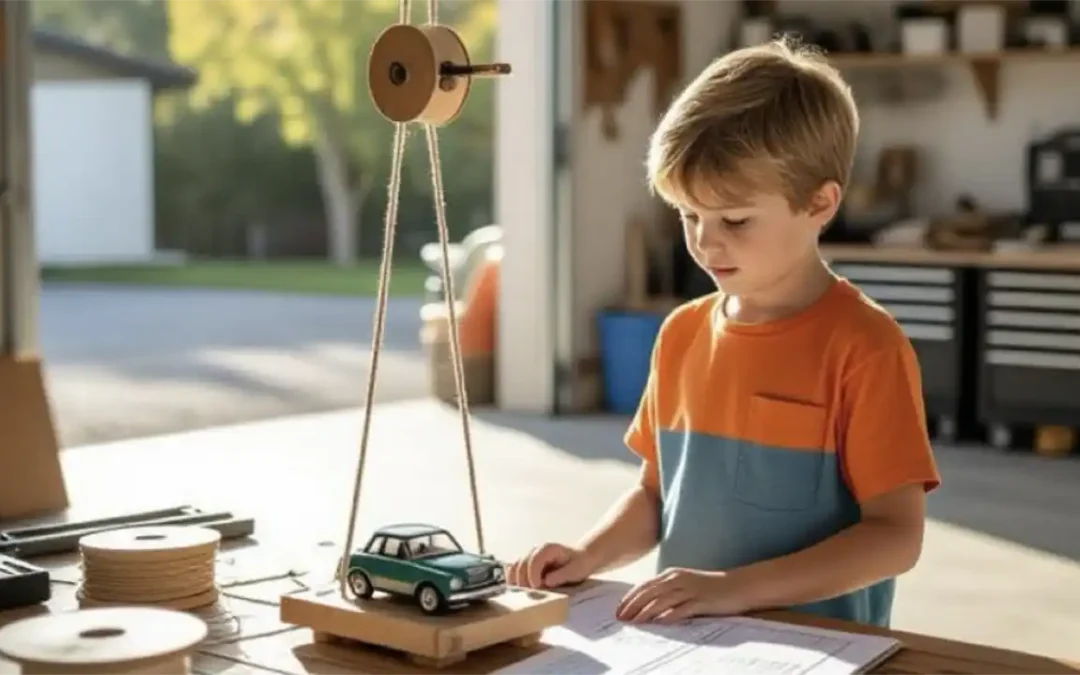
Strategic Problem-Solving: Think It Through Before You Act
Teach children to pause and reflect before responding. This supports emotional regulation, patience, and thoughtful choices.

Strategic Problem-Solving: Strengthen Sustained Attention
Focus grows through practice. Use gentle routines to help children develop concentration and stay engaged without stress.
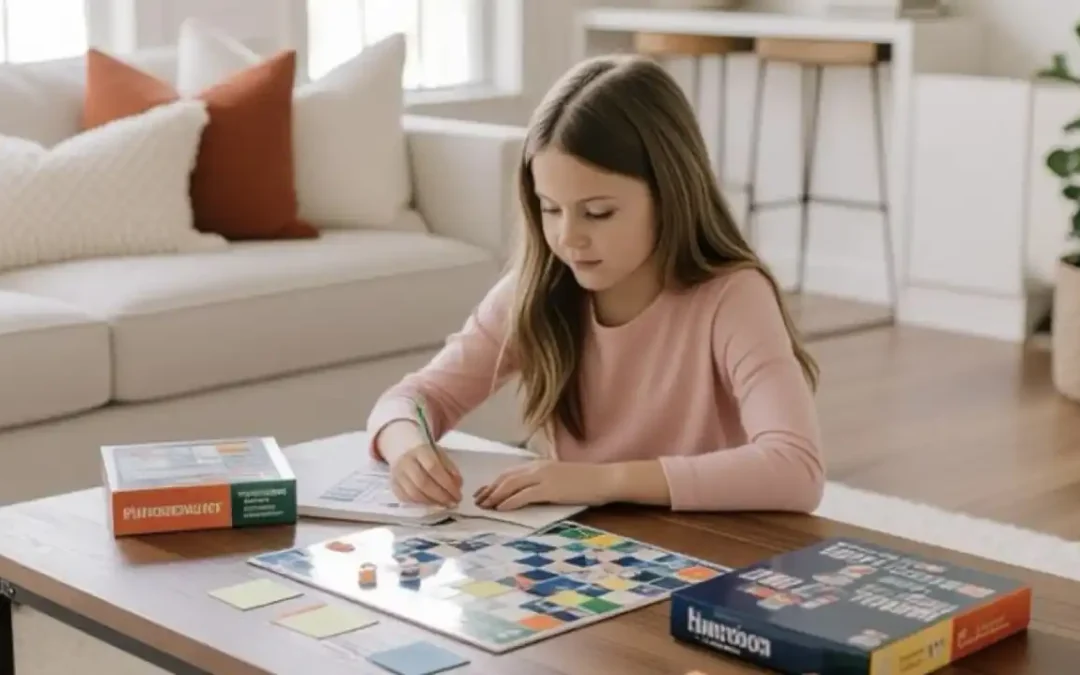
Strategic Problem-Solving: Plan Ahead
Planning helps children manage time, emotions, and goals. Learn how to encourage simple planning habits that grow into lifelong strengths.
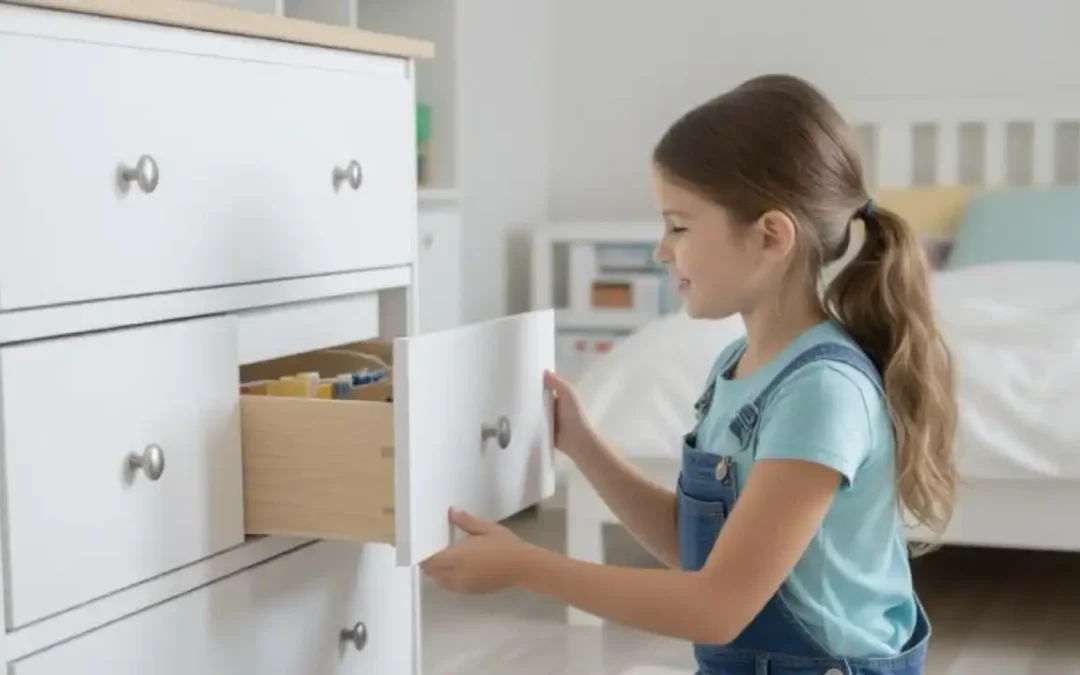
Strategic Problem-Solving: Invent New Solutions When Stuck
Encourage creativity when challenges arise. Children learn flexibility and resilience by trying new approaches when the first attempt doesn’t work.
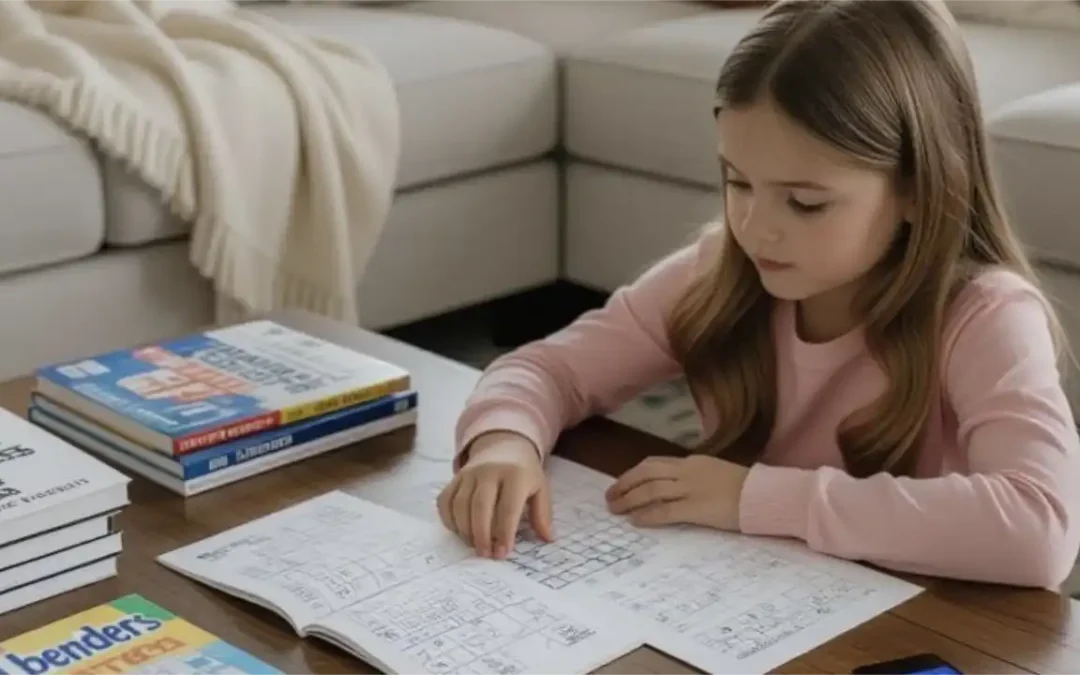
Strategic Problem-Solving: Solve Problems with Clues
Teach children to look for clues, test ideas, and try again. Clue-based reasoning strengthens persistence and careful observation.
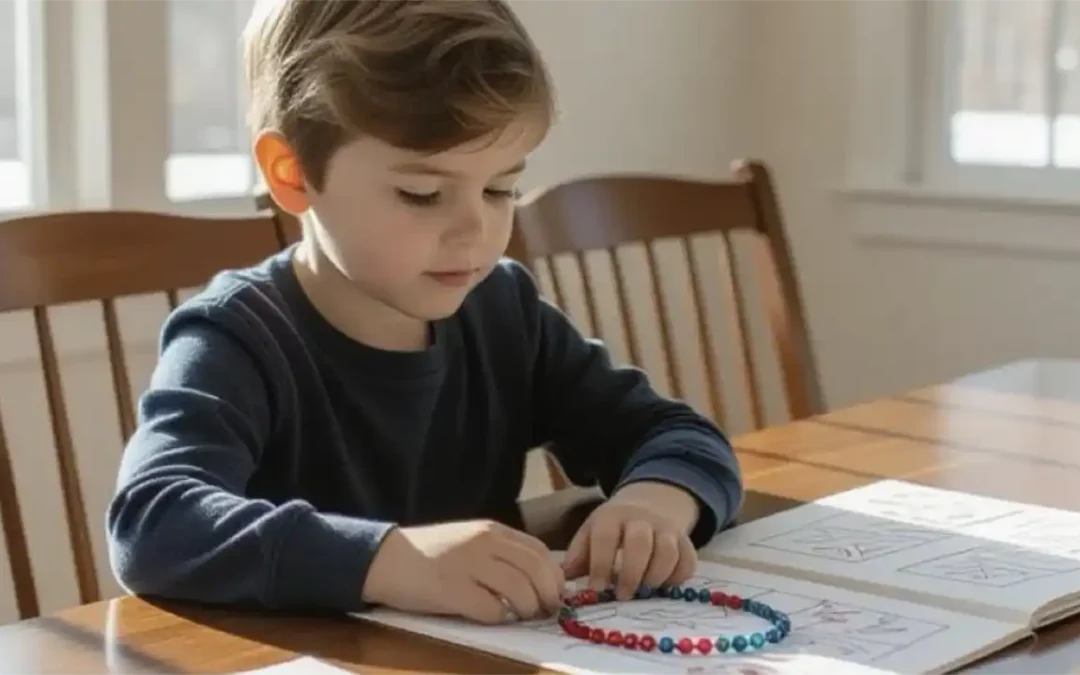
Strategic Problem-Solving: Recognize and Extend Patterns
Patterns help children understand math, language, and nature. Spotting patterns builds prediction, memory, and reasoning skills.
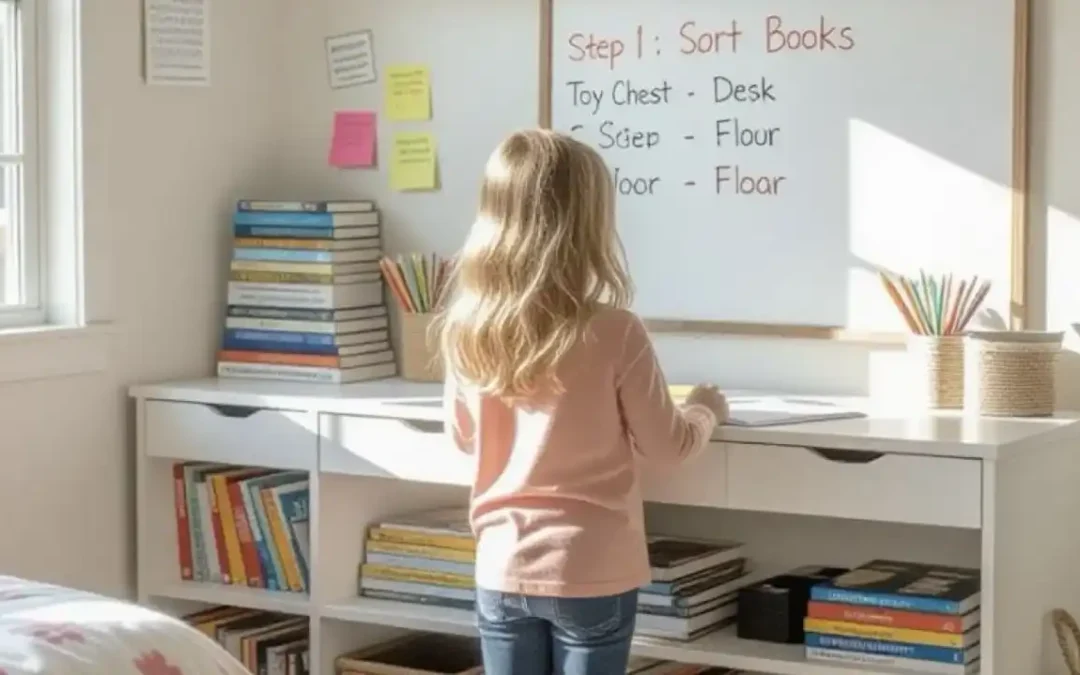
Strategic Problem-Solving: Break Big Problems Into Steps
Help children approach challenges by dividing them into manageable pieces. This builds patience, logical thinking, and success over time.
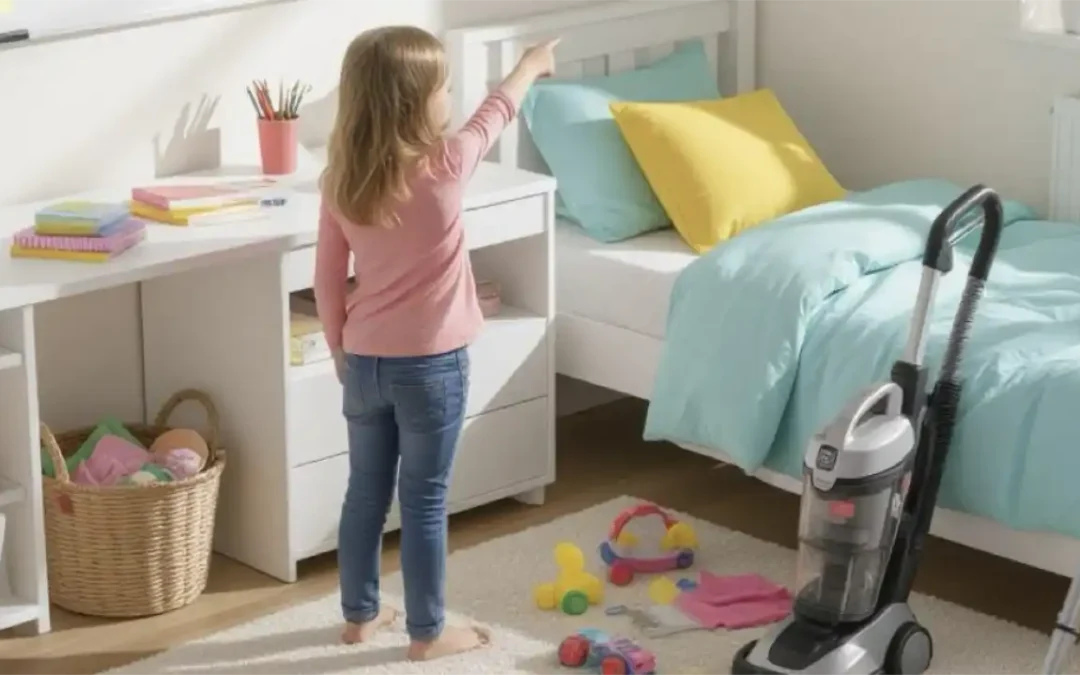
Strategic Problem-Solving: Sequence Complex Tasks Effectively
Teach children to break big tasks into simple steps. Sequencing builds problem-solving skills, independence, and confidence.
Table of contents

Primordial Soup for the Mind: Navigation
Navigate the book Primordial Soup for the Mind.
TIPS
- Use flowcharts or sketches to map out routines or choices.
- Ask what happens before and after key actions.
- Emphasize feedback: how one part affects the whole.
ACTIVITIES
- Chain Reaction: Map out what happens after a small choice (e.g., skipping breakfast).
- System Fix: Pick a frustrating routine. Draw it, tweak one step, and try again.
- Feedback Loop Hunt: Watch a nature or city documentary—pause to ask, “What changes what?”
EXAMPLE
My daughter once said homework was “too much.” We broke it down together and spotted the bottleneck: a missing folder. Fixing that one piece unclogged the whole week.

Download “Primordial Soup for the Mind: A Parent’s Guide to Nurturing Intellectual Growth”
Enter your information to get this article and hundreds more as part of the FREE book Primordial Soup for the Mind.
Share your thoughts with the Thought Academy community in the Comments section below.

Sharpen those skills!
Enter your information to get our FREE practice exercises so you can hone your critical thinking and reasoning skills!




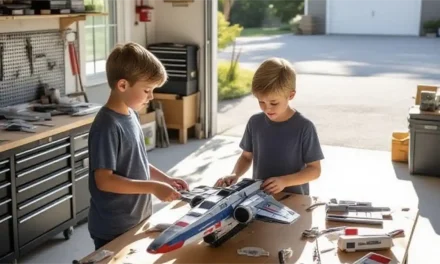
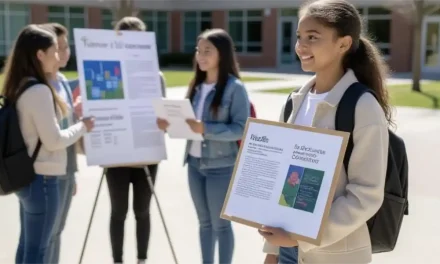
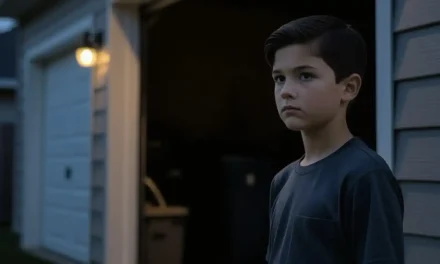
0 Comments